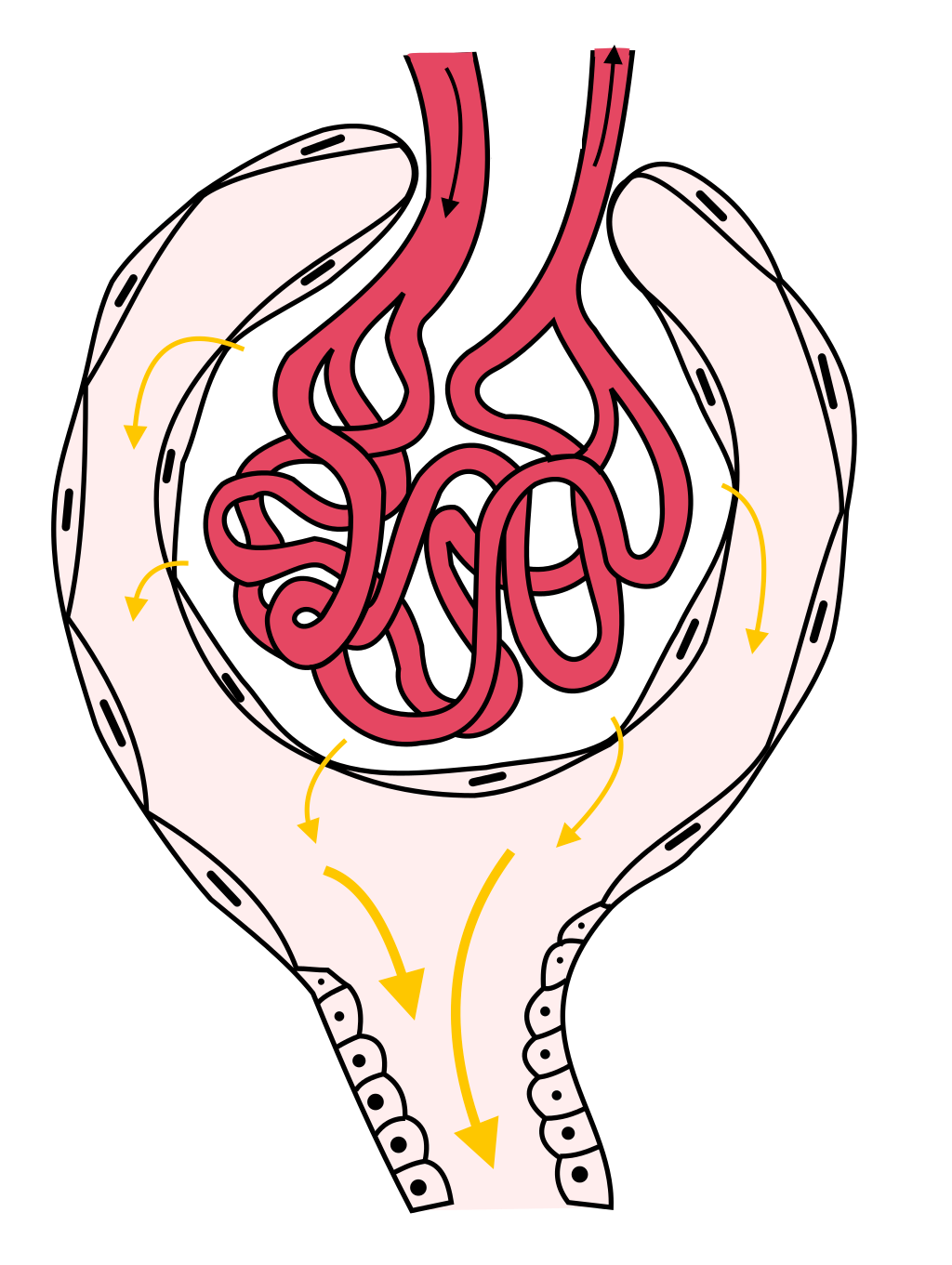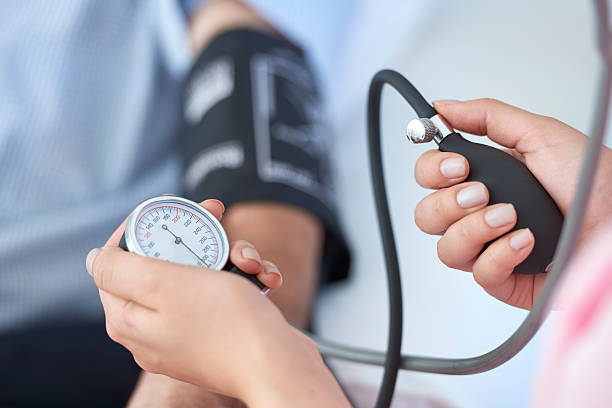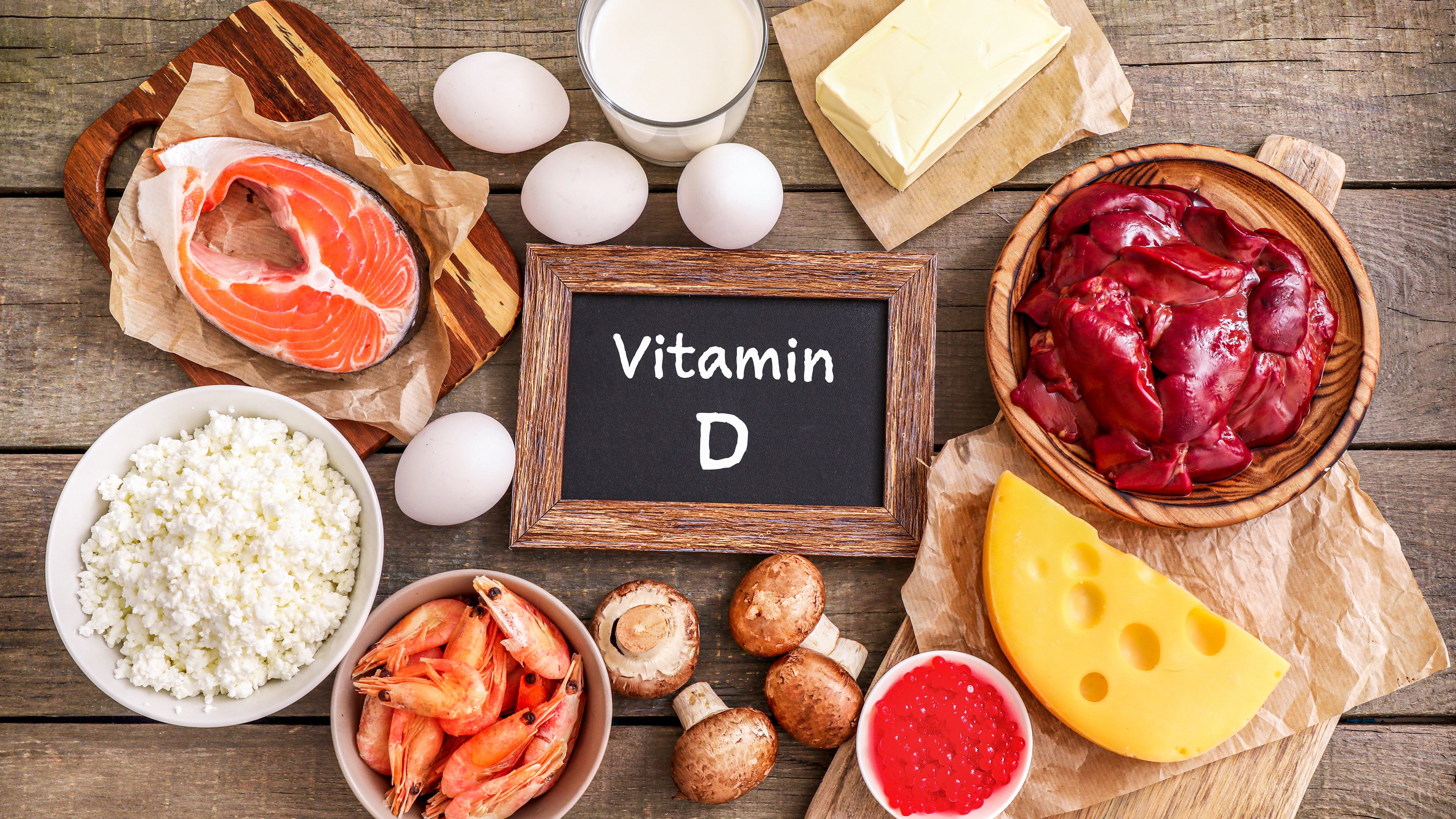The kidneys have 7 functions:
The kidneys are vital life-sustaining organs, whose primary function is to keep the blood clean and chemically balanced.
But they have some 6 other functions, which we will now go through.
The kidney have 3 excretory functions (i.e. remove things) and 4 endocrine/metabolic functions (i.e. controls things).
To make you feel well, all 7 functions have to be working.
In other words, they do not just make urine. They are a control organ. We will now go through the 7 functions.
Excretory functions
After the body uses food for energy and self-repair, the waste is sent to the blood. Two well known waste products are called urea and creatinine.
Actually neither is that toxic to the body. They are ‘marker molecules’ for other more toxic substances that do need to be eliminated.
The kidneys act as very efficient filters for ridding the body of waste and toxic substances; and returning vitamins, amino acids, glucose, hormones and other vital substances into the bloodstream.
The kidneys are a key part of the urinary system (see below), and receive a high blood flow (25% of the blood from the heart). This is filtered by very specialised tiny sieves called glomeruli.
The entire organ is not one big filter. There are about 1 million filters (called glomeruli) in each kidney, mainly in the outer area (cortex) of the kidney (also see below).


This is a glomerulus on the right, with blood being filtered to make urine.
The fluid that is filtered is then adjusted by a complex series of urine-disposing tubes called tubules. These are mainly in the inner area (medulla) of the kidney.
It is a sort of post-filtering adjustment to make things just right. In this way, substances necessary for the good functioning of the body are retained, and those that are not needed are removed.
All of this is vital to make the body function efficiently.
Water and salts come from the food and drink we eat. The kidneys adapt to one’s hydration (and salt) level. When you drink a lot, the kidneys produce more urine; and the opposite happens when you are dehydrated.
‘Salts’ include minerals such as sodium and potassium, which are also called ‘electrolytes’. They are necessary but their input and output have to be carefully controlled by the kidneys. Why?
All the cells in the body are surrounded (bathed) by a fluid called ‘extracellular fluid (ECF)’. For the cells of the body to work properly, the extracellular fluid needs to have a stable composition of fluid (mainly water) and salts (such as potassium and sodium).
The kidneys are central to maintaining the correct balance, which is vital for the effective functioning of all the cells of the body. How it does this, is called ‘electrolyte balance’.
For example, the kidneys recognise the levels of fluid and salts in ECF, and through a series of messages: (1) vary what they get rid of; and, (2) tell the body how much fluid should be drunk.
Water balance
So, if a person does not drink enough, the body fluid become more concentrated; and, as a result, the kidneys excrete a more concentrated urine.
If an excess of fluid is drunk, the body fluid become more diluted; and the kidneys excrete a more dilute urine, getting rid of the excess that has been taken in.
These mechanisms are very efficient. If the body is in a satisfactory ‘electrolyte balance’, approximately 80% of fluid ingested is excreted within an hour.
Salts balance
Salts are also maintained within very strict limits. If there is an excess of sodium (in sodium chloride, the salt we eat), the amount in the blood increases, and you will become thirsty and drink fluid.
The body also senses this increase in salt and water, and the kidney excretes the excess.
As with sodium, if an excess of potassium is taken, it is excreted by the kidneys – ensuring that the amount in the body’s fluids remains within the correct limits. This is important to the functioning of the heart.
Acid is a waste from the food we eat. The acids (and alkalis, ‘opposite’ of an acid) in the human body are in a state of delicate equilibrium reflected by a parameter known as pH. The normal pH of the blood is 7.35 to 7.45 (a lower number means more acid in blood).
Acid is removed from the body by the kidneys filtering it into the urine. They also neutralise acid, by adding an alkali (called bicarbonate) into the urine.
Endocrine/metabolic functions
The kidneys secrete (make) or activate (change) four hormones (chemical messengers) in the blood.
These actions are important for normal functioning of the body.
We will now go through them.
Renin keeps the blood pressure normal. If blood pressure falls, renin is secreted by the kidneys to tighten small blood vessels all over the body, thereby increasing blood pressure.
If the kidneys aren’t functioning correctly, too much renin can be produced but not in all patients. So the exact role of renin in hypertension in CKD patients is unclear.
Nonetheless renin may in some way contribute to increasing blood pressure. This is, in part, why many people with CKD have high blood pressure (hypertension).

EPO is another hormone that is secreted by the kidney.
It acts on the bone marrow to increase the production of red blood cells. If kidney function decreases, less EPO is made and the number of red blood cells being produced falls, resulting in renal anaemia.
This is why many people with advanced CKD (CKD4 and CKD5) have anaemia – a low blood count. This is shown by a low haemoglobin, or ‘Hb’.
Many will need EPO injections to correct the anaemia.
Vitamin D is also essential for a number of bodily functions. In the normal diet, vitamin D exists in an inactive form, and needs to be altered by the kidney before it can act within the body.
This ‘activated’ form of vitamin D is essential for calcium and phosphate balance, the normal structure of bones and for effective muscle function.
In people with impaired kidney function, there is often a low blood calcium, a high blood phosphate, and an inadequate amount of vitamin D. This can, in the long term (if untreated), result in softening of the bones (leading to pain, and eventually fractures) – this is called renal bone disease – and muscle weakness
Vitamin D can be given in the form of tablets.

There are many different types of prostaglandin present in the kidney. But perhaps the most well-known is prostaglandin E2 (PGE2). The kidney produces PGE2, which increases the blood supply to the filtering units (glomeruli) of the kidney.
This is why the painkillers called ‘NSAIDs’ (e.g. aspirin, ibuprofen and similar drugs) can cause AKI (acute kidney injury; rapid onset kidney failure); as they work by reducing the production of prostaglandins.
We have described what do the kidneys, and the 7 functions of the kidney. Making urine, and waste removal, is only part of what they do. We hope you understand them more now.